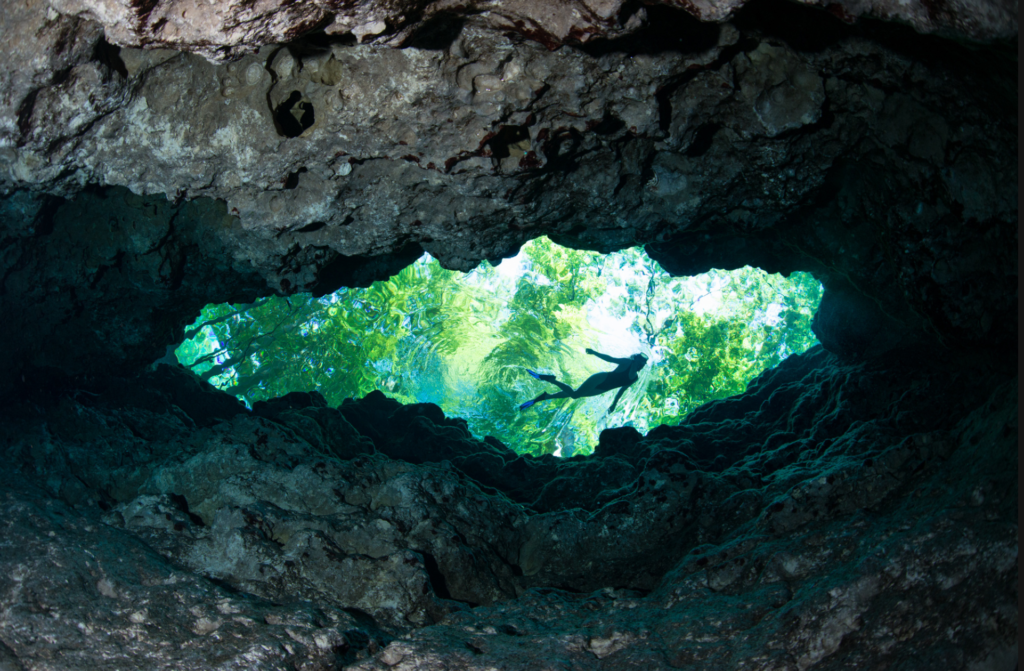Conserve Water
Central Florida Water Initiative: 2020 Water Supply Plan

As we all are sheltering at home protecting our families, water planners in Central Florida are busy paving the way to make it easier to withdraw millions of gallons of water from the St. Johns River to fuel unbridled growth.
On behalf of our members, we are meeting with state leaders, attending virtual hearings and submitting comments calling out errors within the Central Florida Water Initiative (CFWI) 2020 Water Supply Plan that put our river at risk.
With the current pumping of approximately 659 million gallons of water a day (MGD) within CFWI’s 5-county area, there are signs of significant stress to the Floridan Aquifer, wetlands and springs. However, permit allocations have been authorized for more than 1 billion gallons of water a day (1064 MGD) putting our springs, our river and our drinking water at risk. CFWI, made up of the St. Johns River Water Management District (SJRWMD), South Florida Water Management District and Southwest Florida Water Management District, has recently released its 2020 Water Supply Plan created to identify alternative sources of water to meet demand.
Unfortunately, this plan does not prioritize water conservation, does not incorporate sustainable growth practices and relies heavily on surface water withdrawals instead of proven, cost-effective conservation strategies.
- Of the projected 304 million gallon per day deficit, only 50 mgd is estimated to come from conservation initiatives.
- However, the plans include projects that could remove up to 160 mgd of surface water from the St. Johns River at a cost of up to $1.94 billion. Up to 60 mgd of surface water would come from the Taylor Creek Reservoir and St. Johns River at State Road 520, up to 50 mgd near State Road 46, and 50 mgd near Yankee Lake. This would produce an estimated 134 mgd of finished water.

The surface water withdrawals are also being justified based on the findings of a flawed study by SJRWMD. A group of independent scientists and experts from the National Research Council (NRC) conducted a peer review of the St. Johns River Water Supply Impact Study (WSIS), identifying significant shortcomings in the study and expressing concerns regarding many of the conclusions. According to the NRC, “the WSIS operated within a range of constraints that ultimately imposed both limitations and uncertainties on the study’s overall conclusions.”
St. Johns Riverkeeper has serious concerns that these proposed withdrawals would:
- Worsen existing pollution problems,
- Increase the frequency of toxic algal blooms,
- Further reduce flow and increase salinity levels farther upstream, and
- Adversely impact the fisheries, wildlife and submerged vegetation in and along the St. Johns and its tributaries.
We continue to urge the CFWI to remove surface water withdrawal projects from the water supply plans and prioritize planning within our water means with conservation and sustainable growth.